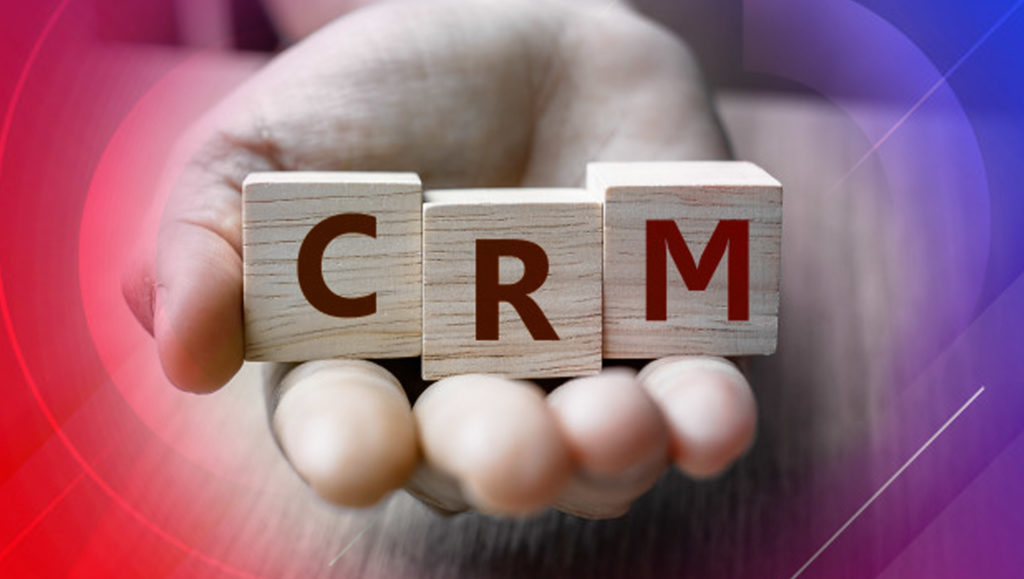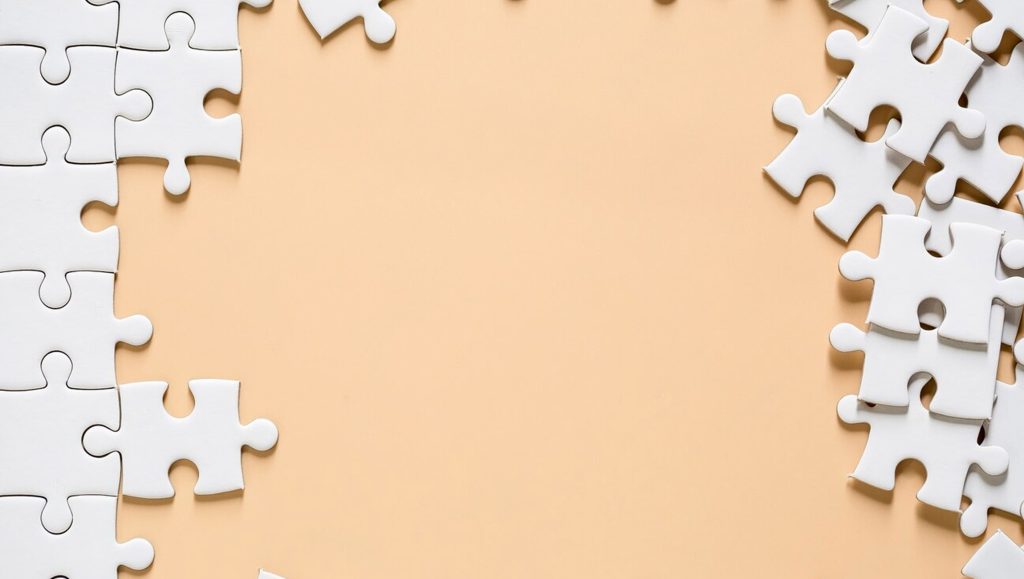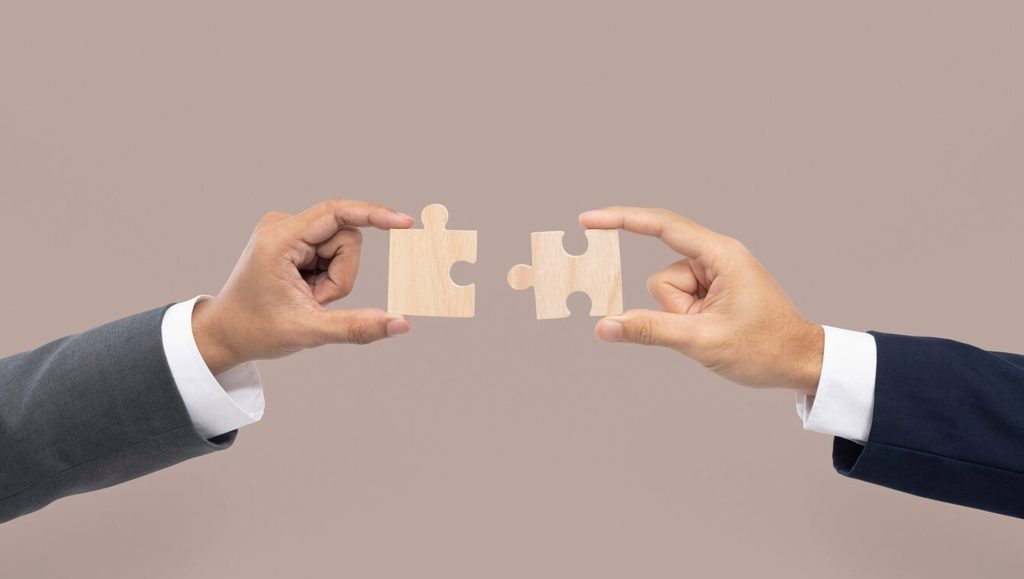The Dynamic Retail Scenario
“It’s your 26th birthday; here’s an additional 26% discount on all of our pizzas to treat your friends!”
“Make your anniversary special by gifting a diamond ring to your better half – everything at 20% off just for today.”
You must have received similar text messages from various retailers on numerous occasions. I personally feel elated every time I receive one of those.
The retail sector is no more limited to just brick and mortar shops today. E-commerce and m-shopping are on the rise and companies are leveraging the digital space to make the best out of it. Buyers nowadays make use of AI-assisted product recommendations to shop online, while store-owners are vying for footfall traffic in the changing retail landscape. Nevertheless, the average gross margin in retail is 53.33% and the retail Sales market is expected to cross $20 trillion by 2020. Those retailers not making use of the latest technology and methods to entice customers may fall behind.
While the need for providing great customer experience has always been a priority for retailers, the e-commerce marketplace has made the competition even fiercer. Thankfully, retailers have the option to leverage the benefits of a CRM (Customer Relationship Management) system to analyze customer interactions and data throughout the customer lifecycle. This helps improve customer service and helps in retaining customers, thus boosting overall sales.
Retailers collect various types of personal and behavioral information from visitors/customers. The data can be then used to customize their future experiences and benefits. Recall the text messages we talked about a while earlier.
Read More: How ERP Boosts Customer Satisfaction?
What Do CRM Systems Do?
CRM systems compile customer data from various channels and points of contact. Whether a customer came in contact through the company website, social media, live chat, call, or walked in straight to the store, the information can be collected and stored in a CRM system. Now, the number of times a customer makes a purchase, whether s/he is a frequent buyer or occasional one, can be determined easily by looking at their shopping history.
CRM software provides a 360° view of the customers. This opens various avenues that retailers can enhance by employing a standard CRM system in their day to day operations. Customers can be contacted via various channels – text messages, e-mails, social media, targeted ads, etc. Salesforce CRM, for instance, offers a great approach to send and monitor e-mails sent to customers, among various other things.
Let us take a look at how a CRM system can boost the retail ecosystem.
Five Benefits of CRM in Retail
1. Facilitates Better Customer Support
A single negative experience or feedback from a customer has the potential to ruin a brand’s reputation. 82% of customers bail on brands after bad customer experience. Providing amazing customer support has to be on the minds of retailers all the time. It helps with instant Sales and gets those customers to come back for repeat purchases. Furthermore, customers are willing to pay up to a 16% price premium if they have had a great experience. A CRM not only helps build and maintain relationships with your customers but also helps engage with them from time to time.
So, if customers want same-day delivery on some products and you aren’t the one fulfilling this demand, someone else probably will. Why do you think the percentage of retailers offering same-day delivery increased from 16% in 2017 to 51% in 2018? Also, if you aren’t keeping track of certain items that are being reported defective by multiple customers, you may not know what to do to improve the product, and the customers will sail somewhere else.
CRM helps keep track of these issues and provides insights for you to improve upon the needed aspects, so that customer satisfaction remains on top.
2. Aligns Sales and Marketing Processes/Efforts
While CRM provides marketers with the necessary tools to nurture and execute campaigns with ease, it also allows Sales-folks to have a clear view of Sales goals and objectives. Marketers and Salespeople can work in sync towards defined goals while making use of analytics data provided by the CRM. A company can collaboratively manage Marketing campaigns and leads to enhance Sales efforts. HubSpot CRM offers insightful analytics for Sales and marketing teams to analyze and work together.
The sales team can have better clarity of the Sales pipeline, while it becomes easier for the Marketing guys to forecast trends more accurately. When workflows, digital assets, and approvals are managed from one central platform, collaboration ought to get easy.
Furthermore, CRM vendors offer mobile apps for Sales and Marketing teams to stay online on the go! Zoho CRM has some amazing features built-in for the retail environment.
3. Helps with Customer Segmentation
Retailers can gather and store a lot of important customer data with the help of a Customer Relationship Management system. Whether your store-visitors comprise mainly of teenagers or senior citizens, if there are more ladies visiting the store or website, are customers accompanied by kids on most occasions, where do the customers reside, and similar other aspects can be easily identified.
The retailers can then use the data to customize the environment of the outlets or provide bespoke offers to a certain group of customers. If a store sees mostly senior customers, it can make provisions for wheelchairs and ramps in the store. If customers bring along kids to the stores, the environment can be made kid-friendly. The whole idea is to use the data obtained to suit the needs and preferences of the customers.
Read More:: What is Lead Nurturing?
4. Useful in Providing Personalized Offers and Promotions
Not only does CRM software help in segmenting and targeting a group of customers, but it can also help with providing custom-made offers to individual shoppers. This is one of the primary reasons for retailers to collect your birthday, wedding anniversary, and other personal details in addition to your contact information.
Now, the data is fed into the CRM database and it automatically sends personalized wishes, messages, and offers as and when necessary. This helps the brands to establish a personal connect with the customers, not to forget, enhancing Sales at a fraction of Marketing costs.
As a matter of fact, getting personalized discounts based on their purchase history is important for 76% of consumers, as per LoyaltyOne.
5. Bumps up Sales, Improves retentions and Increases loyalty
Gone are the days when Sales/purchase records were maintained on paper or Excel-sheets. Retailers across the globe now employ CRM software to log transactions related to Sales, Purchases, and Service records.
A lot of retailers nowadays offer membership cards to their customers. Over 70% of millennials and Gen Z belong to one or more loyalty programs. These cards benefit both the parties as customers get points for shopping which they can redeem to shop more, either in-store or online, while the retailers get repeat customers. This is in line with Gartner’s prediction that 80% of a company’s future revenue will come from just 20% of its existing customers.
Now that customers get attractive offers regularly and huge discounts, courtesy of repeated shopping, they turn into brand ambassadors for the company. Words of mouth still prove to be great for brand-building and promotions. Loyal customers get more and more customers to buy, thus improving the sales figures. Deloitte considers loyalty as one of the main pillars of success for retailers in the years to come and advises them to focus more on creating emotional connections in addition to just offering reward points.
All Things Considered…
CRM helps the retail marketers provide better customer support, turning them into advocates of the company owing to the superior customer experience received. Teams can use AI-based lead scoring, built-in phone, e-mail, activity capture and more features provided by CRM systems to push Sales.
FreshSales CRM is one of the top CRM providers that make use of AI to score leads. The stream of data helps companies analyze buyer behaviors and forecast trends, thus assisting in making intelligent business decisions. Nurturing long-lasting and meaningful relationships with customers pays off in the long run and CRM sure makes this easy for the retailers.
Read More: What is Lead Scoring?





















